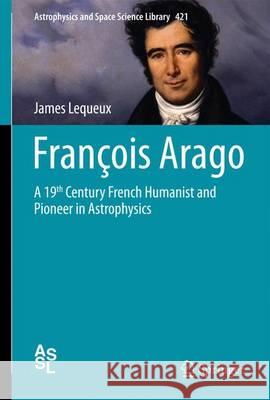François Arago: A 19th Century French Humanist and Pioneer in Astrophysics » książka
topmenu
François Arago: A 19th Century French Humanist and Pioneer in Astrophysics
ISBN-13: 9783319207223 / Angielski / Twarda / 2015 / 349 str.
François Arago: A 19th Century French Humanist and Pioneer in Astrophysics
ISBN-13: 9783319207223 / Angielski / Twarda / 2015 / 349 str.
cena 465,16 zł
(netto: 443,01 VAT: 5%)
Najniższa cena z 30 dni: 465,16 zł
(netto: 443,01 VAT: 5%)
Najniższa cena z 30 dni: 465,16 zł
Termin realizacji zamówienia:
ok. 20 dni roboczych.
ok. 20 dni roboczych.
Darmowa dostawa!
Kategorie BISAC:
Wydawca:
Springer
Seria wydawnicza:
Język:
Angielski
ISBN-13:
9783319207223
Rok wydania:
2015
Numer serii:
000001606
Ilość stron:
349
Waga:
0.79 kg
Wymiary:
25.0 x 16.4 x 2.4
Oprawa:
Twarda
Wolumenów:
01











